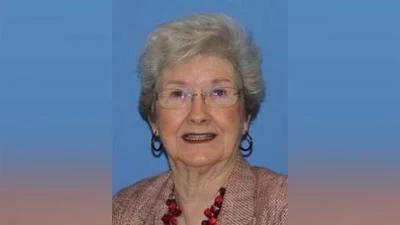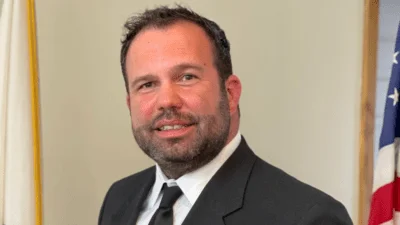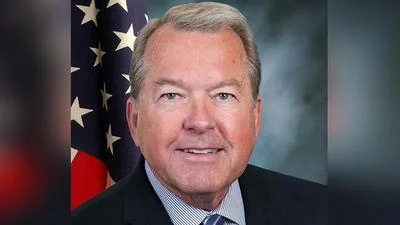Heather Brown is a candidate for Illinois State Senate District 25. | Heather Brown
Heather Brown is a candidate for Illinois State Senate District 25. | Heather Brown
Illinois State Senate District 25 candidate Heather Brown is making a strong case for revising the state’s drug trafficking laws following the recent loss of two family members to fentanyl.
Brown, who has been vocal about her personal tragedy and the broader drug crisis, is calling for a "zero tolerance" policy on drug trafficking, criticizing the current Safe-T Act for being too lenient.
Brown, who has been an independent Alderman for the City of West Chicago for the past seven years, revealed the profound impact of the opioid crisis on her family.
"My family personally lost 2 members in the last two months to fentanyl," Brown told Kane County Reporter. "3 grams of fentanyl can potentially kill 1,500 people. The Safe-T Act’s threshold of 3 grams is not nearly strict enough. I have spoken to our Chief and Sheriffs about this issue and there is not much they can do. Fake names daily from undocumented individuals, such as ‘Mercedes Benz’ or ‘John Smith,’ make it impossible to keep track of those arrested and released on bail within 24 hours."
Brown’s remarks come in the wake of a significant drug bust in McHenry County, which borders Kane County to the north, by the McHenry County Sheriff’s Office, where Gloria Gastelum, 54, and German Vargas, 22, were arrested with 120,000 fentanyl pills disguised as oxycodone.
The operation, which was the result of a tip from an undercover detective, marks one of the largest drug seizures in the region this year.
Both Gastelum and Vargas face serious charges, including manufacturing and delivering over 900 grams of fentanyl, and possession of over 200 grams.
The arrest follows a previous incident where two Mexican nationals were apprehended in McHenry County for allegedly smuggling 17 kilos of methamphetamine and fentanyl.
The increase in drug-related activity has highlighted the urgent need for reform in drug enforcement policies.
Following the arrests, Brown criticized the Safe-T Act’s impact on public safety.
"We need to make sure our streets are clean or they could easily kill many more innocents,” she said. “We need to start protecting victims and our children, not the criminals. The Safe-T Act is ruining not just the lives of others but the lives of the criminals themselves. When released so easily, they do not take their crimes seriously. Once they are seen by a judge for their original crimes, they are viewed as repeat offenders who are always up to no good."
The Safe-T Act was so unpopular that only two of the state’s 102 State’s Attorneys supported the reform when it was enacted.
The bulk of those opposed to the Safe-T Act signed on to a lawsuit challenging its constitutionality.
Critics contend the Safe-T Act creates a bail system that fails to meet the expectations of citizens and victims, and disrupts judicial powers concerning bail and pretrial release.
Addressing the broader implications, Brown argued that incarceration could play a role in rehabilitation.
"If the police can rehabilitate them with incarceration, we wouldn’t have this major issue within our State or communities," she said. "Every vote matters to ensure we can fix this Bill for the safety of our community and future generations."
Brown’s concerns align with findings from a recent 2024 Drug Enforcement Agency (DEA) report, which labels the current drug crisis as the “Deadliest Drug Crisis Ever” in America.
The report reveals that 80% of street-level drugs in Chicago are linked to the Sinaloa cartel, with fentanyl being a significant threat.
The DEA reports the rise of digital drug dealing through social media platforms has further intensified the crisis.
Critics have pointed to the Biden Administration’s “Open Border” policies as creating the conditions for cartels to thrive.
As Vice President Kamala Harris campaigns for president, her opponent, former president Donald Trump, has shifted blame for current immigration issues onto her, accusing her of mishandling border policies.
This pivot highlights her past criticisms of Trump's immigration practices and her role as the Biden administration's "border czar” which she has sought to distance herself from after an estimated 10.5-13 million undocumented aliens entered the country under her watch.
The State Senate District 25 is presently represented by State Sen. Karina Villa (D-West Chicago).
The district encompasses all or parts of Aurora, North Aurora, Batavia, West Chicago, South Elgin, Wayne and Bartlett.






 Alerts Sign-up
Alerts Sign-up